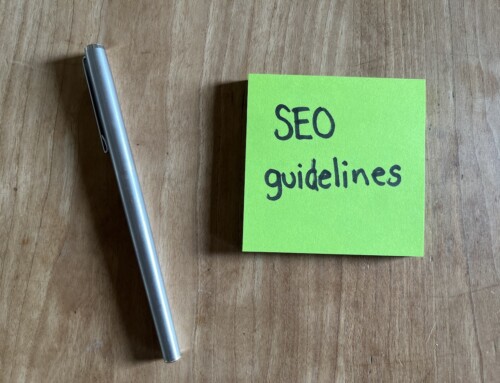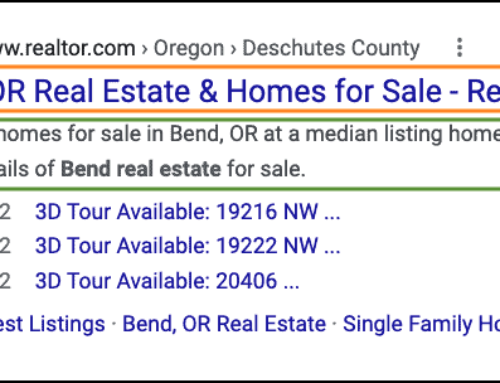How to create an SEO friendly site by focusing purely on the user experience
If your new to building websites or simply maintain a blog, knowing and implementing SEO techniques can be intimidating. Not to worry, all you need to do is focus on your audience using natural SEO.
The SEO Myth
Your keyword density is vital. Your URL naming convention is imperative. Oh and don’t forget your H1 copy, that’s super important to get right. And my gosh you must make sure your using the appropriate amount of deep links. Meta Data!
Have you read SEO optimization articles that tell you every nuanced trick to gain love from Google? Is it really important to know every tool out of the SEO magic box? In short… no. You see, Google has learned a lot from getting fleeced by greedy code geeks pulling traffic to poor content sites. Although Google holds its algorithm close to the vest one thing seems to hold true, they give a ton of weight to user friendly, quality content. This has proven true with all of Google’s Panda updates, which are meant to tailor their algorithm to return better quality search results. Gone are the days where you simply need to keyword stuff a site and build mass page count to get traffic.
Focus on your audience and your subject
Hear is the beauty of what Google has done, they give you the keys to the castle by simply following the rule… create quality content. Thus where natural SEO comes in. All you need to do is write confidently about your content, showing your passion for the subject. This will equate to content that is naturally filled with quality SEO without having to dive into every code trick in the book.
Content not Data
The difference between content and data is enormous. You see, those greedy code geeks don’t really like to do work building quality content so they simply find a way to just toss data, like addresses, phone numbers, and business names onto a page. Google has gotten wise to their tricks and focuses on site with quality “content”. Content is much like what this blog post is, unique to only this page on the internet. Just write naturally about your subject and the SEO will follow.
How natural SEO helps you get found by Google
Okay, so now that you have written unique, quality content about your subject how does that equate to things Google is looking for. Here’s some examples…
Page URL
Most big content site build keyword rich URL’s in the hopes that Google will get a better understanding of the page content. A valid method, but what this is actually doing is creating an understanding of the page for users as well. So instead of implementing some master plan for URL’s just repeat what the article is about, which inevitablly will hit the mark for SEO.
Good: /natural-seo-a-ux-perspective
Bad: /seo
Page Title and your <H1>
Don’t worry about trying to keyword stuff the page title and <H1> for your webpage. Google knows better and doing so doesn’t always make it easy for a user to understand your article. Again, just be descriptive about your page content and the SEO will follow.
Good: Natural SEO – A UX Perspective
Bad: SEO Friendly, UX, Building Content
Keywords
No need to worry about tracking how many keywords are on the page. Doing so usually equates to clunky copy that does not read well. Rather if you write confidently about your subject your content will naturally be filled with SEO rich keywords.
Good: Write unique copy that only you have generated.
Bad: Counting keywords and keyword stuffing.
Related Content
How else can you focus on the user and help bolster SEO, well serving up related content is always a good way to keep your users engaged as well as give Google some additional understanding on what your content is about. Just make sure your primary related content links is near the same topic as your page content.
Good: SEO Techniques
Bad: How to balance your checkbook
Good luck and build content with passion!



